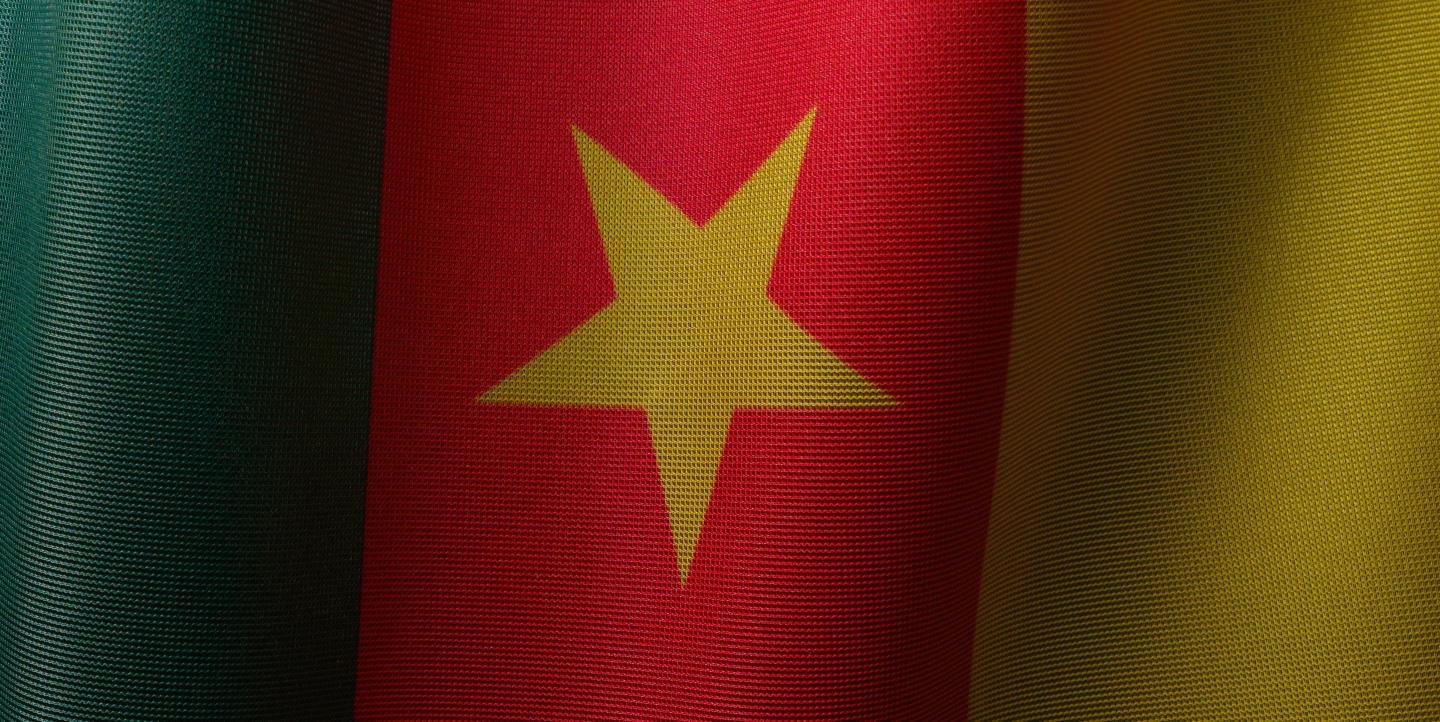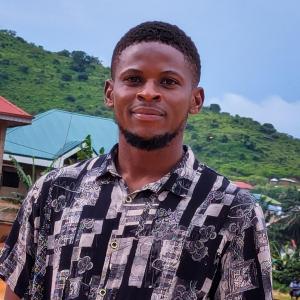For nearly a decade, armed conflict in the Anglophone regions of Cameroon has resulted in civil unrest and serious human rights violations. More than 6,000 civilians have lost their lives and over 600,000 have been internally displaced, according to a Human Rights Watch report.
The conflict has additionally created a hostile environment for journalists, making it difficult for them to practice their profession freely. Threats, abduction, kidnapping and torture has pushed 45 journalists in the northwest and southwest regions into exile, and at least 97 reporters have been displaced internally, according to a report by ADISI-Cameroun. Media organizations have also been forced to close down.
Five journalists were imprisoned in Cameroon in 2024, ranking the country fourth on the African continent for the most journalists jailed, according to a Committee to Protect Journalists report.
Here’s a look at some of the journalists who have come under fire:
- In August 2019, Samuel Wazizi was arrested in the country’s southwest region after he criticized the government’s handling of the ongoing conflict between state forces and separatist groups. The government later confirmed that Wazizi died in detention soon after his arrest, and that the cause of his death was severe sepsis. According to Reporters Without Borders, there was no autopsy, and his body was never returned to his family.
- Also in 2019, Wawa Jackson, a journalist who has worked with Abakwa FM radio in Bamenda, was arrested. His crime, Jackson explained, was reporting on the government’s seizure of satellite dishes that were broadcasting a pro-separatist channel. He said that he was tortured and held incommunicado without food for three days before being detained for several years. He was released in February 2021. "I was rounded up by [paramilitary] Gendarmerie officers who whisked me away [...] the government administrator made me understand that he was going to teach me a lesson for reporting on the issue,” said Jackson. “I was later presented to court and my charges were that I published secessionist information and threatened the life of a prominent politician.” Since his release, Jackson has scaled back his reporting out of fear, and he cannot move freely about the country, especially in remote areas where in the past he conducted the majority of his reporting.
- In May 2023, armed separatists shot and killed 26 year-old Anye Nde Nsoh, a journalist with The Advocate Cameroon in the country’s northwest. Almost two years later and no one has been arrested in connection with the killing.
- Njodzeka Danhatu, a journalist from the southwestern city of Buea, said he has received warnings and threats from gunmen not to report on certain issues. Because of this, he believes that people are monitoring his reporting and movement. "I now select the kind of topics I want to duel on. There are areas that I used to go to, but now, it's difficult to access them without proper security,” said Danhatu. “The conflict has affected the practice of journalism because there's a lot of self-censorship from journalists. Many are afraid of being killed, targeted or tagged as enemies.”
- In March 2024, Ignatius Nji, northwest region chapter president of the Cameroon Journalists’ Trade Union, was on a fact-finding mission trying to assess construction work done on the stretch of road from Kumbo to Misaje in Bui Division. Despite introducing himself as a journalist, soldiers forced Nji to help clear roadblocks mounted by separatists. When he resisted the order, he said the soldiers physically harmed him. Later, with others traveling the same route, Nji was caught in the middle of gunfire.“All the travelers including myself went on our stomachs and pushed the tree trunks to the roadside and the military amidst the gunshots insisted we push further,” he said. “I protested that they cannot be exposing us to bullets while they take cover behind trees. I was ordered to come over which I did and a young soldier landed three good slaps on my face."
As a result of the conflict and continued threats, Cameroonian reporters haven’t just adjusted their reporting style. Some have opted to report anonymously, and others have left the profession entirely.
"Since I left jail, it has not been easy reintegrating back into the profession,” said Jackson. “I had to adopt a pseudonym to avoid being identified and targeted by people with vested interest in the issues I report. It is not easy with a pseudonym because it appears that I am not doing any work.” He added that today many communities are inaccessible to reporters, so gathering information has become more difficult.
Danhatu, like other journalists, has decided to shy away from reporting on certain issues. Together with other colleagues, most of his reports focus on the humanitarian aspect of the conflict.
"I feel that the conflict is affecting me because I am no longer there in the field,” he explained. “I just try to make phone calls, but it doesn't give me the exact information of what transpires like if I were in the field myself.”
Photo by engin akyurt on Unsplash.


